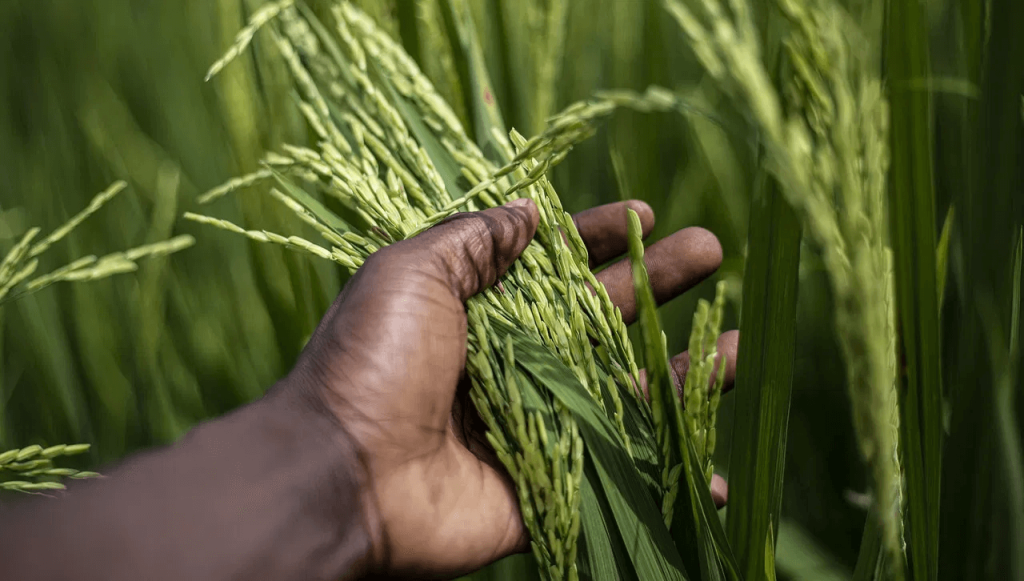Tags
Scientists New Approach Enhances Rice Resilience, Bringing Hope Amid Climate Change
Scientists from IRRI and UC Davis have developed a novel approach to manipulate the rice phytobiome, enhancing rice resilience and productivity amid climate change. Their research offers innovative solutions for sustainable rice farming and global food security.
KJ Staff

Scientists from the International Rice Research Institute (IRRI) and the University of California, Davis, have introduced an innovative approach to enhancing rice resilience and productivity through the manipulation of the rice phytobiome. This breakthrough, detailed in a recent paper published in Plant Communications, provides a potential solution for improving rice cultivation in the face of climate change, thereby supporting global food security.
The rice phytobiome consists of various organisms, including bacteria, fungi, and insects, which interact with rice plants to affect their health, nutrient acquisition, and stress tolerance. Environmental factors such as soil conditions and climate also influence this complex ecosystem. The paper, titled Exploring and Exploiting the Rice Phytobiome to Tackle Climate Change Challenges, emphasizes the need for a deeper understanding of these interactions to develop innovative agricultural practices.
According to the research, climate change is a significant threat to rice production, altering the environmental conditions and microbial communities that are vital to plant growth. The authors propose the use of data-driven and systems-level approaches to reprogram the rice phytobiome, utilizing predictive analytics and precision agricultural systems to mitigate the effects of climate change.
Key to this approach is the manipulation of plant hormones and microbial communities within the soil, which are critical for the plant’s defense against drought, pests, and diseases. Advances in synthetic biology and microbiome engineering have made it possible to alter these communities, enhancing the plant’s stress tolerance and nutrient uptake. Additionally, emerging technologies like machine learning and artificial intelligence offer new ways to process large datasets, contributing to the precision and efficiency of these agricultural strategies.
This research offers promising insights into how next-generation agricultural practices can leverage cutting-edge techniques to improve rice resilience, ensuring more sustainable farming and food security in the face of climate change.
https://krishijagran.com/news/scientists-new-approach-enhances-rice-resilience-bringing-hope-amid-climate-change/Published Date: September 26, 2024







